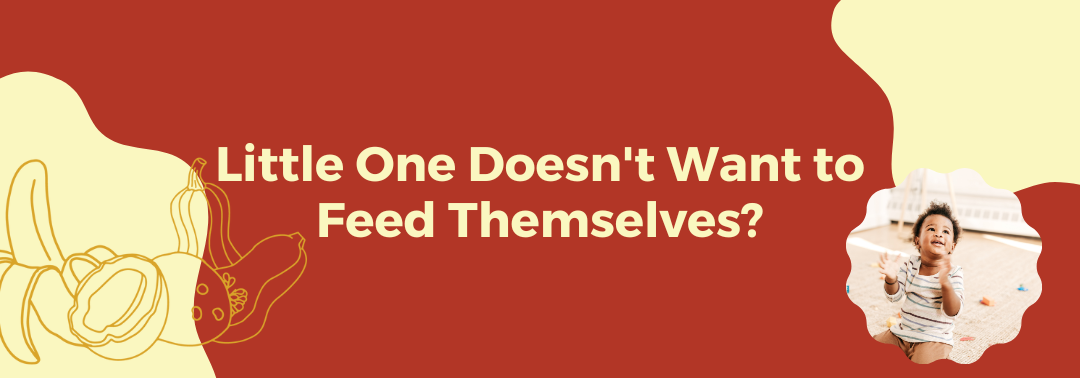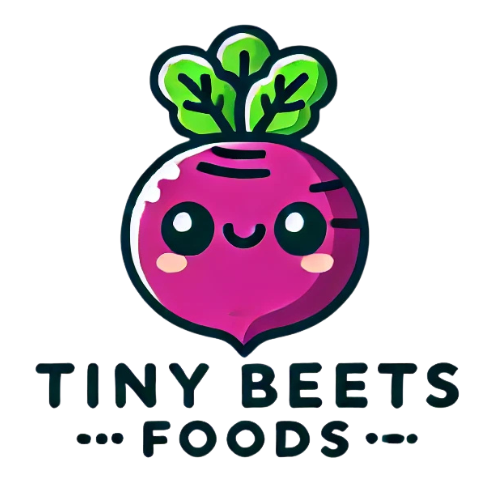
Learning to eat independently is a big step for your baby and is one that sets them up for the rest of their life. Getting them to that level of independence takes time and every baby progresses at their own pace. If your bub is resistant to feeding themselves, there are a few things you can do to build their confidence.
Firstly, encourage them to touch their food. Squeezing, feeling and dropping food is all part of developing their fine motor skills. It’s also a great way for them to learn about the taste, texture and smell of their favourite, or not so favourite foods. Yes, it’s a messy process, but your bub will learn some very important skills and you may even get a laugh out of their self-made yoghurt face mask.
Secondly, start with solid finger foods. Finger foods are small, soft pieces of food like bananas, mango, potato and pumpkin. Start by putting just a few pieces on their plate or bowl, adding more as they smoosh or drop pieces along the way.
Thirdly, let them have a go with the spoon or fork. As your child begins to show interest in their spoon or fork, by constantly reaching for it, allow them to practice holding and moving the utensil. Most aren’t able to use a spoon or fork until they’re 18 months old, but they will usually let you know when they’re ready.
You can encourage them further by eating with them and showing them how it’s done, loading food onto their utensil and giving it to them to feed themselves and praising them when they’ve had a go with their spoon or fork.
A few tips to avoid the mess while your bub is still learning are:
- Use a bib Place a catch mat on the floor under their chair
- Cut food into small pieces and into shapes that are easier to grab
- Use a suction plate or bowl
- Set up your baby’s high chair outside if it’s safe to do so
Now it's time to give it a go with your bub and see how they progress on their journey to independent eating!
